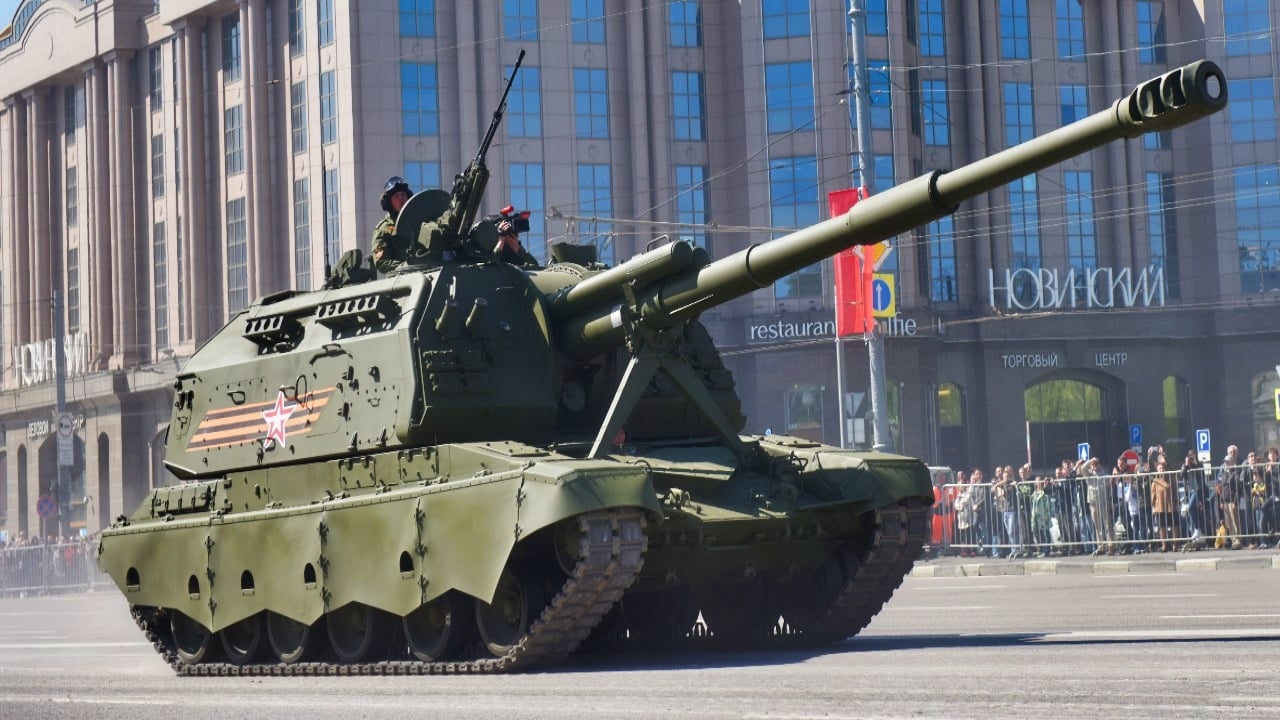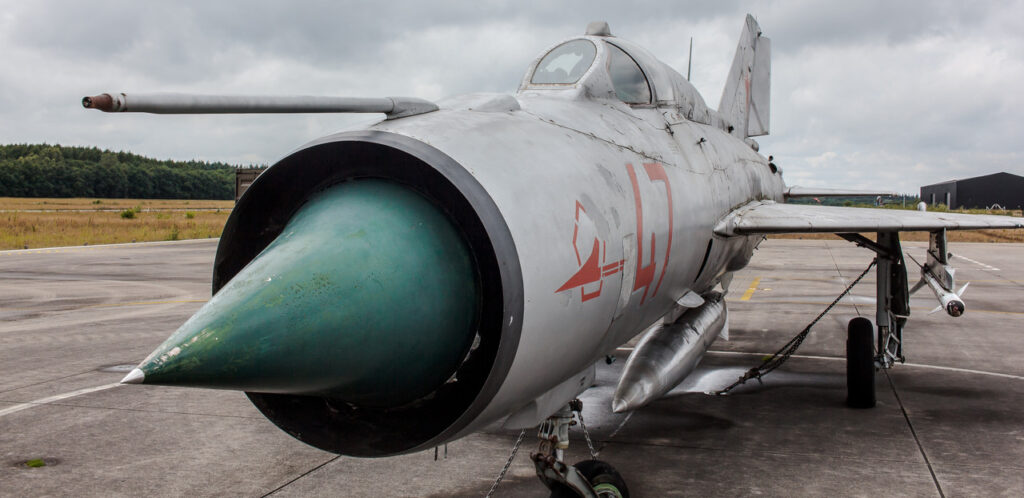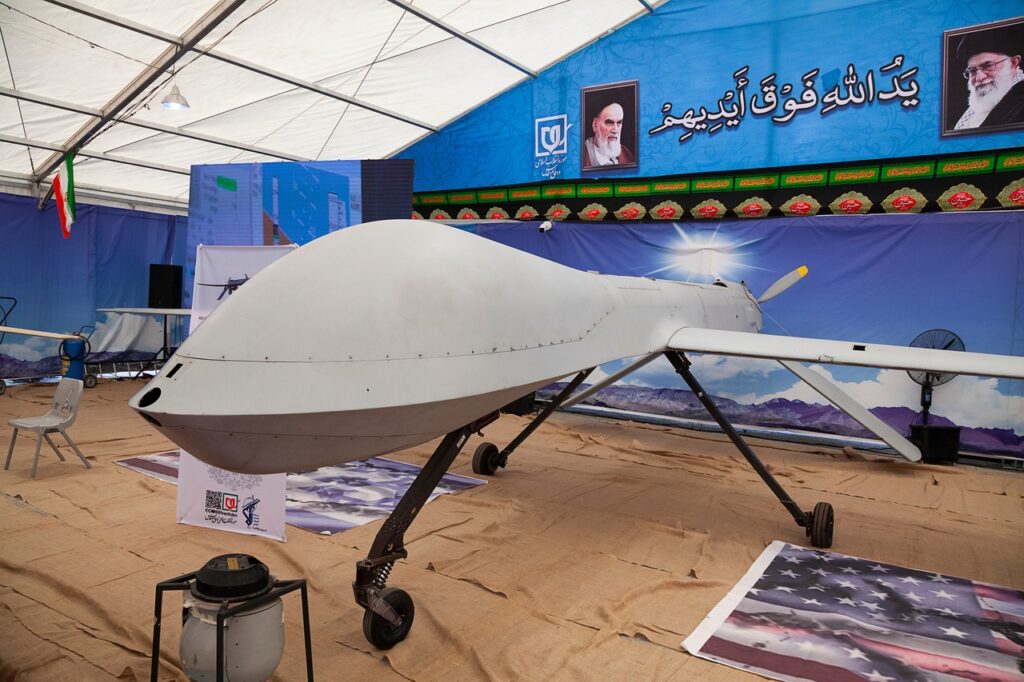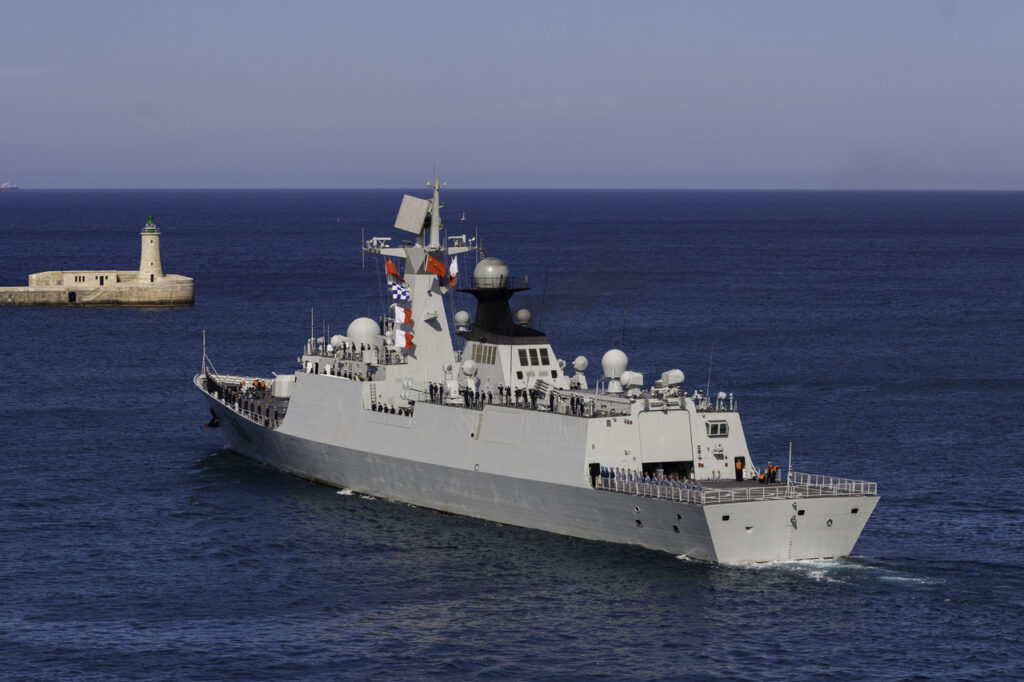
Now a NATO-Russia War? The Ukraine War is Now in ‘Uncharted Territory’
What You Need to Know: The Biden administration’s authorization for Ukraine to use U.S. long-range missiles against Russia has escalated the Ukraine war and increased the likelihood of direct NATO-Russia conflict, according to Moscow.
-Russia views this decision as an act of war, reinforced by its revised nuclear doctrine and repeated warnings of potential nuclear retaliation. With North Korean troops bolstering Russia’s forces and Western leaders divided, Moscow may delay nuclear escalation until Trump’s inauguration, as his administration prioritizes negotiation.
-However, Biden’s approach risks provoking a dangerous response from Putin, who faces pressure to maintain credibility. The stakes are unprecedented as the conflict enters uncharted territory.
Ukraine War Escalates: U.S. Long-Range Missile Approval Risks Putin’s Red Line
On Sunday, the Biden administration approved Ukraine’s firing of long-range U.S. missiles into Russia several weeks after North Korea sent around 10,000 troops to the front. This decision puts NATO at war with Russia, according to the Kremlin’s assessment. Russian President Vladimir Putin now has to weigh the effect on his credibility if he does not resort to the nuclear option and potential changes in U.S. policy following Trump’s inauguration.
In September, Putin said that Ukraine’s use of U.S.-supplied long-range missiles would represent a, “change in the very essence of this conflict,” since NATO military expertise is needed to program the missiles’ trajectory. Several Russian officials echoed this sentiment. Shortly after his statement, Putin announced that he had altered Russia’s nuclear doctrine, with Kremlin spokesman Dmitry Peskov calling this a “warning signal” to the West.
Last month, when asked about the topic, Putin clarified that he would have to “respond accordingly” to long-range attacks and that Russia’s reaction would depend on the nature of Ukrainian strikes.
The Biden administration judged that these warnings were nothing but bluff and went forward with its authorization anyway. France and the United Kingdom quickly followed suit by allowing Ukraine to use SCALP and Storm Shadow missiles to strike deep into Russia.
The Russian Foreign Ministry has already reiterated Putin’s position, noting that the change in U.S. policy would be perceived as Washington’s direct involvement in the war.
In addition, Russian officials are tying Biden’s decision to American domestic politics. One member of the Russian State Duma suggested that the West’s, “extreme, indiscriminate measures,” are a result of the Democrats’ electoral defeat, adding that Russia could use a nuclear weapon in retaliation.
The fact that this authorization was granted under a lame-duck president may influence Moscow’s calculation. Leonid Slutsky, head of Russia’s State Duma Committee on International Affairs, said that President Biden decided to, “go down in history as ‘Bloody Joe,’” and that this, “will inevitably entail the toughest response from Russia.”
The Biden administration’s decision does not align with recent developments laying the foundation for negotiations. For instance, President-elect Donald Trump, seeking to end the conflict as soon as possible, may have spoken to Putin earlier this month, allegedly of course.
Ukrainian President Volodymyr Zelensky noted last week that the war would “end sooner” thanks to Trump’s victory. German Chancellor Olaf Scholz spoke with Putin for the first time in two years to discuss the war.
Putin almost certainly knows that U.S. policy under Biden and Trump toward Ukraine will be different and that Trump wants to follow through on his commitment to settle the war before his inauguration. Thus, if Russia calculates that Ukraine’s use of long-range missiles does not significantly disturb its progress in gaining territory, it may be incentivized to withhold the use of a tactical nuclear weapon until Trump enters the White House.
In this spirit, Vladimir Dzhabarov, first deputy chairman of the Federation Council Committee on International Affairs, expressed hope that Russia’s, “air defense will deal with such attacks,” approved by Biden, “who will no longer be responsible for anything in two months.”
However, Putin has made it extremely clear in his recent messaging that Washington’s decision represents an act of war against Russia, and if he fails to respond with a visible escalatory act, he risks losing credibility.
One could rebut that Russia has drawn multiple nuclear red lines throughout the war that it has failed to enforce, but this may be because Putin has concluded that the downsides of using a nuclear weapon, including international condemnation, harm to Russian troops, and uncontrollable escalation, have outweighed the strategic benefits.
Consequently, Russia will likely assess the effects of the first few rounds of Ukrainian long-range strikes and determine how it should respond. However Western policymakers should recognize that they are stepping into uncharted territory. After all, the Kremlin’s changes to its nuclear doctrine this week and repeated warnings about the unprecedented nature of such strikes sent an explicit message to the West.
The Biden administration turned it down.
With all this in mind, the probability that Russia uses a nuclear weapon has risen.
“This is a very big step towards the start of World War III,” Dzhabarov stated. The Trump administration has emphasized its willingness to end the war, while the Biden administration is betting that it can reverse Ukraine’s losses on the battlefield. Elon Musk jumped into the fray, agreeing with Senator Mike Lee’s X post noting that liberals’ love for war, “facilitates bigger government.”
In 2022, Washington did not respond decisively to Russia’s invasion or articulate a grand strategy. It has sent periodic aid packages and military support that Russia has adapted to, leading to the gradual advance of Russian, and now North Korean, troops on the battlefield.
Russia’s acceptance of North Korean troops is an escalatory step that could have been avoided had Washington pursued a consistent policy at the start of the war. Now that they are on the front line, the Biden administration has decided that it must respond in kind, but it has done so in a way that increases the likelihood of direct war with Russia. It seems that Washington does not yet assess that time is against the Ukrainians, in which case negotiations would be a more tempting alternative.
The Trump administration is prepared to end the conflict before Kyiv suffers further setbacks, decreasing the extraordinarily high tension between NATO and Russia, which, from Putin’s perspective, has already turned into a hot war.
About the Author:
Axel de Vernou is a senior at Yale University majoring in Global Affairs and History with a Certificate of Advanced Language Study in Russian. He is a Research Assistant at the Yorktown Institute.
Image Credit: Creative Commons and/or Shutterstock.


